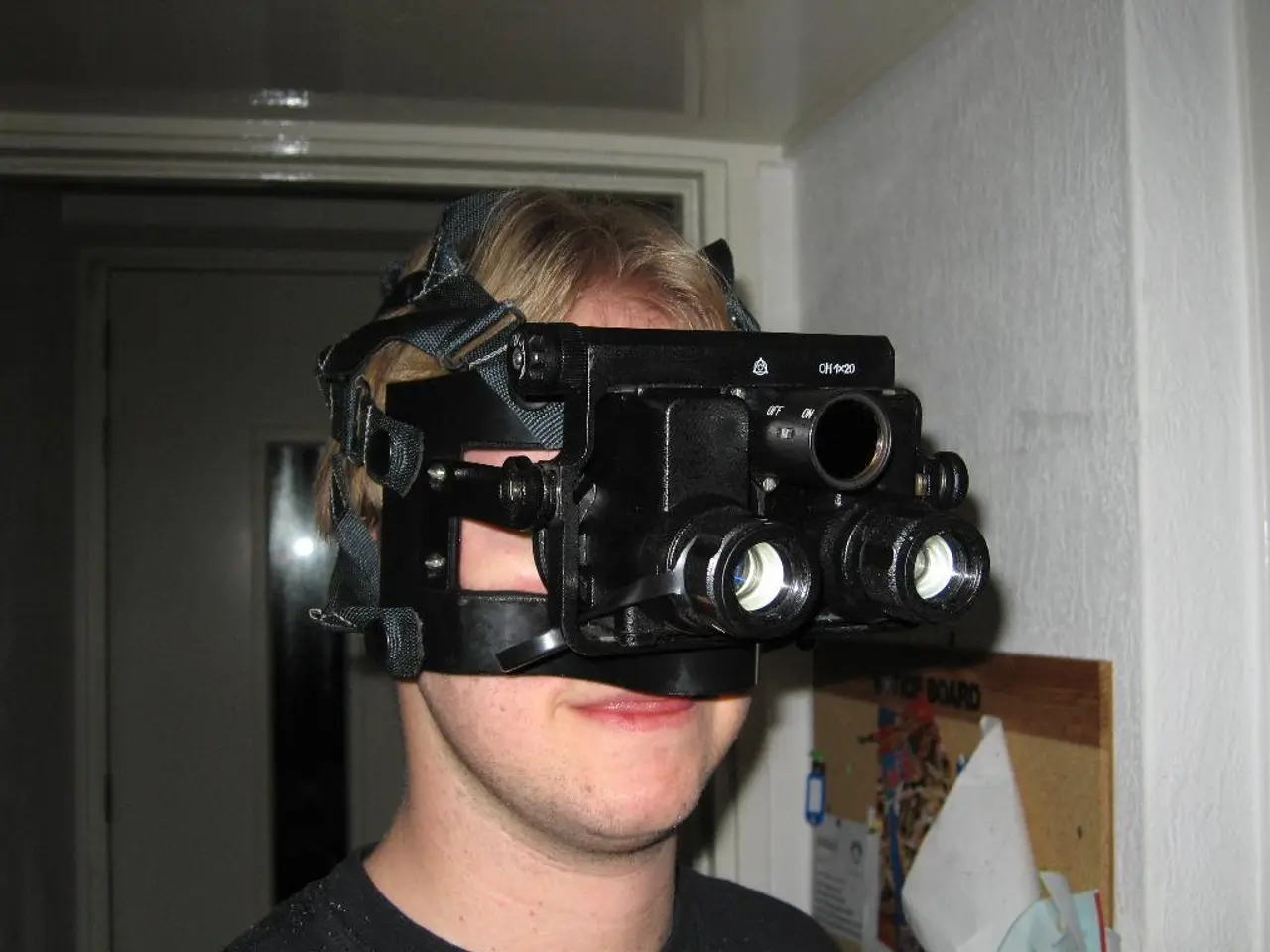U.S. Medical Clinics to Embrace Virtual Reality Through X and Ocean Heart Group, LLC Partnership
Ocean Heart Group Revolutionizes Cardiology with Virtual Reality
The Ocean Heart Group, LLC, a pioneering cardiology group in the United States, has taken a significant leap forward in healthcare technology by partnering with an organization to integrate Virtual Reality (VR) into their clinical practice. This groundbreaking move sets a new standard for how immersive technology can support healthcare professionals and patients.
The partnership involves the design and implementation of a virtual clinic environment that mirrors real-life medical spaces. The virtual clinic offers enhanced training and communication opportunities, with every room providing value for staff readiness, team collaboration, or improving the overall patient journey.
The virtual clinic includes a medical training space for staff to practice protocols and patient interactions, a virtual reception and conference zone, onboarding areas for new hires to familiarize themselves with workflows and systems, and relaxation environments for patients awaiting treatment.
In the realm of cardiology, VR is primarily being used to create digital twins of the human heart. These virtual, patient-specific models are crafted from real patient imaging and ECG data, allowing detailed simulation of cardiovascular function without invasive procedures. VR facilitates fast and accurate replication of key heart metrics, helping healthcare professionals understand individual heart conditions better, predict risks, and tailor treatments effectively.
For healthcare professionals, this VR application offers a safe, non-invasive way to visualize and study patient hearts in detail, improved clinical decision-making through personalized simulations, and enhanced training and research capabilities without risk to patients.
For patients, the benefits include access to personalized treatment plans informed by precise heart models and the potential for earlier and more accurate diagnosis of heart diseases.
Beyond cardiology, VR platforms like bWell, an example of VR in clinical cognitive care, offer immersive, customizable environments that address mental health and cognitive wellness, demonstrating the broader clinical benefits of VR such as stress and fatigue management in controlled settings.
While the specific details of the Ocean Heart Group's VR implementation are not verbatim in available information, these findings reflect the clinical practice advances in VR cardiology and cognitive care that a group like Ocean Heart would likely employ to offer enhanced, patient-centered care through VR technologies.
In essence, VR helps the Ocean Heart Group by enabling precise heart disease modeling and simulation (through digital twins), improving clinical outcomes, training, and offering patients more tailored and effective care pathways. This approach benefits healthcare providers by providing detailed, real-time insights and patients through improved, personalized treatment options.
[1]: Reference for VR in clinical cognitive care [3]: Reference for VR in cardiology and its benefits
- The Ocean Heart Group's integration of Virtual Reality (VR) in their clinical practice extends beyond cardiology, as seen in examples like bWell, a VR platform for clinical cognitive care, demonstrating its potential for supporting health-and-wellness, including stress and fatigue management in controlled settings.
- With the use of VR technology, the Ocean Heart Group can create digital twins of the human heart, replicating cardiovascular function with precision, which aids in the medical-conditions diagnosis, risk assessment, and tailoring of treatments for individual patients, thus significantly improving health-and-wellness and fitness-and-exercise outcomes.




